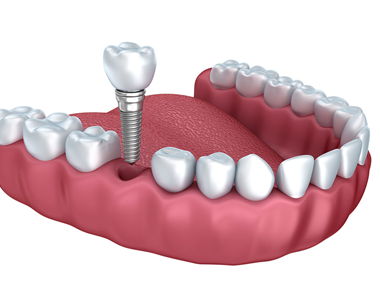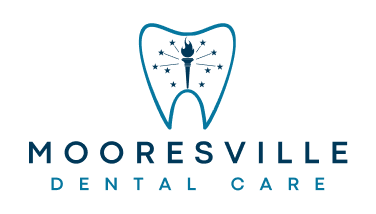
Will Dental Implants really help you? Let’s see what the Clinical results say?
Category : Uncategorized
Dental implant treatment is the gold standard and preferred method of tooth replacement, with the best long-term success rates and is considered cost-effective as wellness.
Tooth Loss to Bone Loss
Natural tooth roots are embedded in the jawbone, providing a stable foundation that allows the teeth to properly function. When teeth are lost or removed, the bone that previously supported those teeth begins to deteriorate, or resorb, meaning the bone “melts away”. Dental implants help to prevent this kind of bone loss.
How Dental Implants Preserve Bone
Dental implants are a substitute for tooth roots. Similar to natural tooth roots, the implant will stimulate the bone, thereby preserving it and preventing the bone resorption that generally results in tooth loss.
Complete Tooth Loss Leads to Facial Structure Collapse
When all of the teeth are missing, the jaw bones deteriorate rapidly. In addition, as the bone weakens, the muscles migrate or pull back from their natural position. As facial support is lost from the weakened muscles and bone, the lips cave in and wrinkles increase dramatically.
Documented Clinical Results
Studies demonstrate that dental implants are 95 -98% successful for 40 to 50 years. Long-term outcomes depend on various conditions, such as the general health of the patient, the quality and quantity of available bone, the number of teeth replaced and the type of replacement teeth.
Once an implant is placed to substitute for the natural tooth root, a crown is added to restore the natural beauty of the original tooth. Studies comparing the success rates of implants versus other tooth replacement alternatives such as bridges clearly demonstrate that it is more successful to replace a single missing tooth with an implant and crown. These studies also indicate that even if the adjacent teeth need crowns, it is far more successful long-term to place individual crowns on these teeth rather than tying them into a bridge.
- Dental implants are 95% to 98% successful for 40 to 50+ years.
- Success rates for dental implants do not decrease over time.
- Success rates for bridges decrease steadily after 10 years.
- At 15 years, 1 in 3 bridges will typically fail.
- If root canal treated teeth support the bridge, success rates decrease even further.
- There are fewer complications with implants than bridges.
Above all, find the best dentist for dental implant surgery and follow their advice. Expert dentists will be able to provide more details about your individual treatment options.

 Review Us
Review Us  Review Us
Review Us